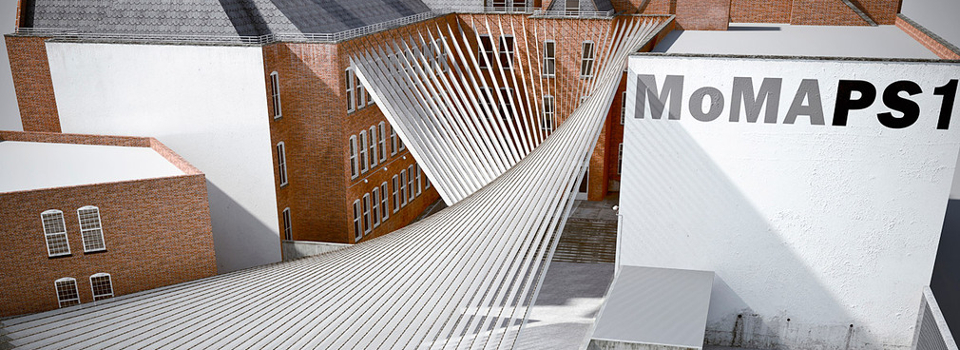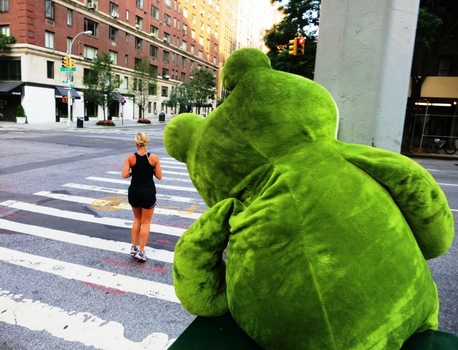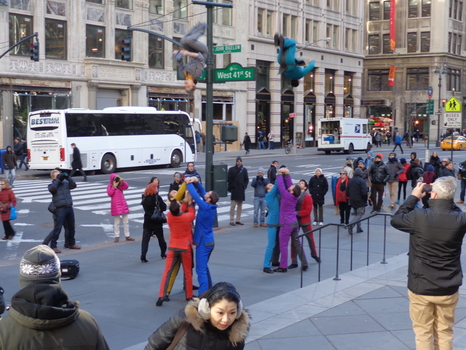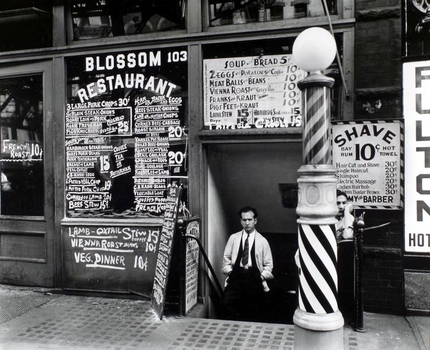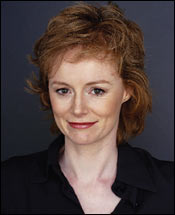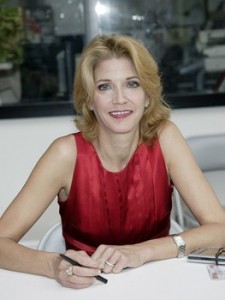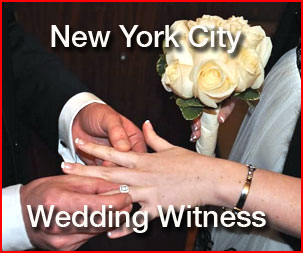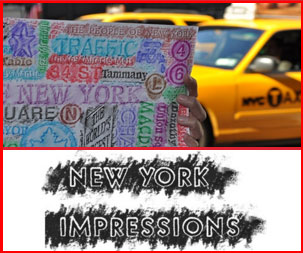Mary Bly is a tenured professor of English Literature at Fordham University with a bachelor’s degree from Harvard, a master’s from Oxford, and a PhD from Yale. According to her Fordham faculty page, her current project, The Geography of Puns: London’s Bawdy Whores, addresses “the geographical and linguistic economies of early modern London.” She serves as an associate editor for Medieval and Renaissance Drama in England, an international publication that studies and critiques scholarly writing dealing with medieval and early modern English drama. If you need further proof of her pedigree, she’s also Robert Bly’s daughter.
For many years however, Bly led a double life. Up to her reading glasses in student debt, Bly wrote a romance novel called Potent Pleasures that she sold to Harper Collins under the pseudonym Eloise James. That book became a trilogy, and James became an international success, publishing over 25 romances, 12 of which were New York Times Best Sellers. All of this, though, was a secret. Bly knew that she wouldn’t move forward in academia if people found out about her side job, so she kept the whole thing under wraps until she received tenure. (The sale of that very first manuscript to Harper Collins, by the way, paid off her student loans in full.)
As a writer and a Sex and the City tour guide, I understand Bly’s predicament. I realize I am not in her academic league, nor has my career produced a litany of significant work, but I assure you my intentions as a writer are serious. I have a pile of projects I’m working on, both fiction and non-fiction, and I intern at a cutting edge literary magazine where new works by authors like Alice Munro and Marilynne Robinson come across my desk. When I mention my SATC job in literary company, however, I always get the same uncomfortable half-smile while the person with whom I’m speaking desperately searches my face for irony. Literary folk are terrified when faced with the prospect of a woman who talks about Sex and the City for a living and doesn’t have the decency to undercut it with an eye roll.
I admit it: there have been times I have kept my day job (the one that pays my mortgage and my monthly Sallie Mae bill) a secret. I have purposely misled people, allowing new acquaintances to think I’m some sort of historic tour guide, a venture that some find more palatable. I have also given in to the pretension—producing the desired eye roll that apparently makes me look smarter and makes academics feel more comfortable. But it always makes me angry, both at them and myself.
Mary Bly came clean 7 years ago, and now she speaks candidly about the gulf between academia and popular culture, specifically romance novels. She wrote a piece for the Times in 2005 that broke this down:
Intellectuals never seem to believe that a strong story and an interest in relationships could explain the popularity of romance. I’ve been repeatedly asked by academics whether romances are anything more than female porn – a question that to me seems linked to a fear of female sexuality, as is the dismissal of romances as “bodice-rippers.” In fact, I’m not sure that the term, with its implication of enjoyment taken in forced intercourse, ever was an accurate description of romances…Romances feel to me like a conversation between the woman who wrote the book and myself as a reader. Women talk about desire, but they also talk about the difficulties of building a new partnership with an old friend, or negotiating the shoals of a fragile marriage…[They] are sometimes stories of courtship, but also stories of marriage and consequences. Many of my own books, in fact, have been about failing marriages: they are my footnotes to that particular conversation…So let’s quit this out-of-date mockery of the genre…
Sex and the City is not a romance novel of course, but Bly’s description could be applied to any number of SATC episodes. I applaud Bly’s courage, and I’m also happy to report that I witnessed two small triumphs in this same arena last weekend. On Saturday, a special guest took my tour: Dr. Karen Walker from Lebanon Valley College in Annville, Pennsylvania, who teaches a freshman elective called—wait for it—Sex and the City. The course explores topics such as gender roles, feminism, and queer theory as well as themes like relationships, love, desire, morals, myths, marriage, and romance, all through the platform of the show. And on Sunday, I was lucky enough to catch Studio 360, which did a segment on Edith Wharton’s The House of Mirth. Kurt Anderson and guests discussed Mirth’s lasting impact, its secure place in the canon of great American literature, and its influence on Candace Bushnell.
 Emily Sproch is a writer and a Sex and the City tour guide. Each Friday, she chronicles the fine line between reality and fiction in her column “Almost Carrie.”
Emily Sproch is a writer and a Sex and the City tour guide. Each Friday, she chronicles the fine line between reality and fiction in her column “Almost Carrie.”

